In a ruling that may reverberate across ongoing financial crime investigations in India, a special court under the Prevention of Money Laundering Act (PMLA) in Kolkata denied the Enforcement Directorate’s (ED) plea to take West Bengal minister Chandranath Sinha into custodial interrogation. The court’s decision, delivered on Thursday, is being viewed as a strong reminder that procedural safeguards and judicial oversight remain vital, even in cases involving politically exposed persons.
The case centers around alleged financial irregularities tied to agricultural income and unexplained assets. The ED had seized ₹41 lakh during raids in July 2025, arguing that custodial interrogation was necessary. But the court refused to accept non-appearance at two summons as sufficient grounds for custody. Instead, it permitted questioning under set conditions, while reminding the agency that coercive custody cannot be wielded as a tool of punishment.
This article examines the ruling in depth, explores its legal basis, assesses the political and institutional implications, and situates the case within the larger debate around the ED’s investigative powers under PMLA.
Background of the Case
Chandranath Sinha, a senior minister in the West Bengal government, came under ED scrutiny in July 2025 during financial raids targeting agricultural earnings and filings allegedly inconsistent with declared income. During the raids, officials seized ₹41 lakh in cash, documents, and digital records.
The ED argued that Sinha’s non-compliance with two summons indicated evasiveness and necessitated custodial interrogation to uncover hidden transactions. The agency contended that custodial questioning is a critical tool for financial probes under PMLA, especially when large sums and possible laundering links are at stake.
Sinha, however, denied wrongdoing. He stated that the cash was linked to legitimate income streams and that he intended to cooperate within the law. Through his counsel, he argued that custodial interrogation was unwarranted, as he had already provided key documentation and was prepared to respond to further queries under court-monitored conditions.
The Court’s Reasoning
The special PMLA court delivered a clear and procedural ruling:
- Custody is not punishment: Missing summons, though undesirable, does not automatically justify custodial interrogation. The court underscored that custody must be grounded in necessity, not convenience.
- Charge-sheet already filed: The ED had filed its charge-sheet, meaning investigative groundwork had been completed. The court found little merit in arguments that custody was essential at this stage.
- Conditional questioning allowed: While custodial interrogation was denied, the court permitted ED to question Sinha during specified hours, balancing investigative needs with rights of the accused.
- Fresh summons route available: The agency was advised to issue new summons if further examination was required, rather than resorting to custodial pleas.
This reasoning highlights the judiciary’s effort to place guardrails on investigative overreach while still enabling legitimate inquiries.
Why This Matters
1. Judicial Scrutiny of Investigative Powers
The ruling adds to a growing body of case law scrutinizing the ED’s expansive powers under PMLA. In recent years, the agency has faced criticism for aggressive custodial pleas that courts have occasionally deemed disproportionate.
2. Political Context
Given West Bengal’s history of high-profile ED actions against state ministers and ruling party leaders, the judgment carries strong political undertones. The ruling party is expected to frame this as judicial pushback against what it calls “politically motivated” investigations.
3. Balance Between Law and Politics
The court’s order neither absolves Sinha nor shuts down the probe. Instead, it signals that while accountability is essential, procedural fairness cannot be sacrificed for expediency.
Political Ramifications
The ruling has already triggered heated reactions:
- Ruling Trinamool Congress (TMC): Party leaders welcomed the decision, arguing that the ED’s actions were driven by vendetta rather than evidence. They pointed to the court’s refusal as proof that investigative powers are being checked.
- BJP Opposition: The Bharatiya Janata Party (BJP) countered that the judgment was procedural and does not clear Sinha of allegations. They emphasized that ₹41 lakh in unexplained cash remains a serious matter.
- Civil Society & Legal Experts: Many welcomed the decision as a reinforcement of due process, though some warned it should not embolden non-compliance with legitimate summons.
Legal Perspective: Custodial Interrogation under PMLA
Custodial interrogation under PMLA is distinct from regular police custody. The ED argues it helps unravel complex money trails that require face-to-face confrontation and immediate cross-verification of documents. However, courts have consistently held that:
- Necessity, not convenience, is key: Custody must be justified by investigative need, not merely by non-compliance.
- Rights of accused matter: Arbitrary custodial pleas risk turning investigative powers into punitive tools.
- Precedents matter: This ruling aligns with recent Supreme Court and High Court observations that ED’s extraordinary powers must be tempered by judicial scrutiny.
The Larger Debate Around ED’s Powers
The ED has become one of India’s most powerful investigative agencies, particularly after the 2019 amendments to PMLA that expanded its reach. However, this power has sparked controversy:
- Critics argue the ED has been used disproportionately against opposition leaders.
- Supporters claim the agency is vital in curbing money laundering, corruption, and terror financing.
- Judiciary’s role is increasingly pivotal in balancing these narratives, ensuring neither impunity nor overreach dominates.
This ruling contributes to that evolving jurisprudence by affirming that due process must anchor every investigation.
Festive Season Sensitivities
The timing of the judgment is significant. With major festivals approaching, political temperatures in West Bengal are already high. Any custodial move against a senior minister could have sparked protests and unrest. The court’s calibrated order may avert escalation while keeping investigative channels open.
Reactions on the Ground
Local media reported mixed reactions:
- Sinha’s supporters gathered outside his residence, celebrating the court’s decision as a moral victory.
- Opposition groups criticized the ruling as a “technical win” that does not address the underlying allegations.
- Legal commentators described it as a “necessary message” that custodial interrogation is not a default tool.
Broader Implications for Indian Democracy
At its heart, the judgment is about reinforcing democratic principles:
- Accountability of powerful individuals through fair investigation.
- Checks on investigative overreach to prevent abuse of power.
- Judicial oversight as the ultimate safeguard of citizens’ rights.
As India navigates rising political polarization, such rulings ensure that justice remains balanced between enforcement imperatives and constitutional protections.
Conclusion
The Kolkata PMLA court’s denial of ED’s custodial plea against Minister Chandranath Sinha is more than just a setback in one investigation. It is a reaffirmation of the principle that law enforcement must operate within the boundaries of due process.
For West Bengal, it reinforces the political narrative of central agencies versus regional leadership. For India, it strengthens the judiciary’s role as a guardian of rights in the face of expanding executive powers.
The cash seizures and allegations still stand; further investigations may yet follow. But the ruling ensures that in the pursuit of justice, shortcuts will not be tolerated.
#WestBengal #ED #PMLA #Kolkata #ChandranathSinha #Courts #DueProcess #Judiciary #RuleOfLaw #IndiaPolitics




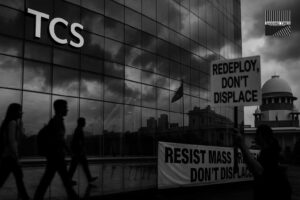


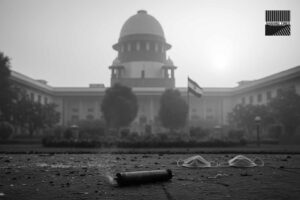



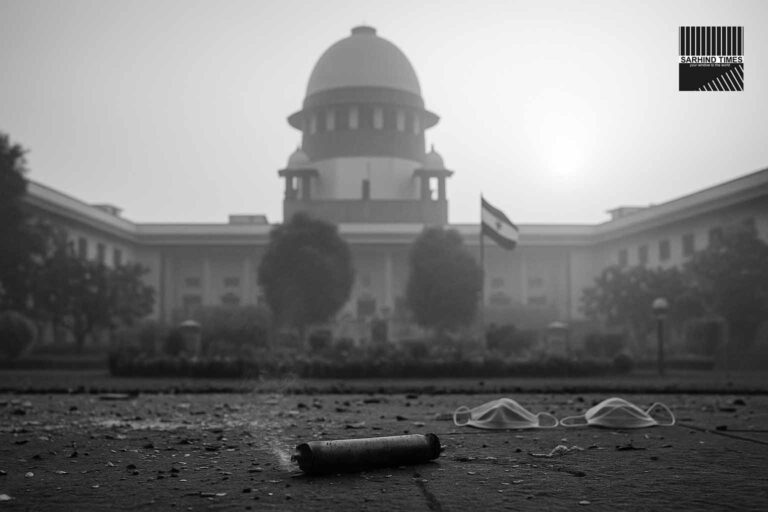


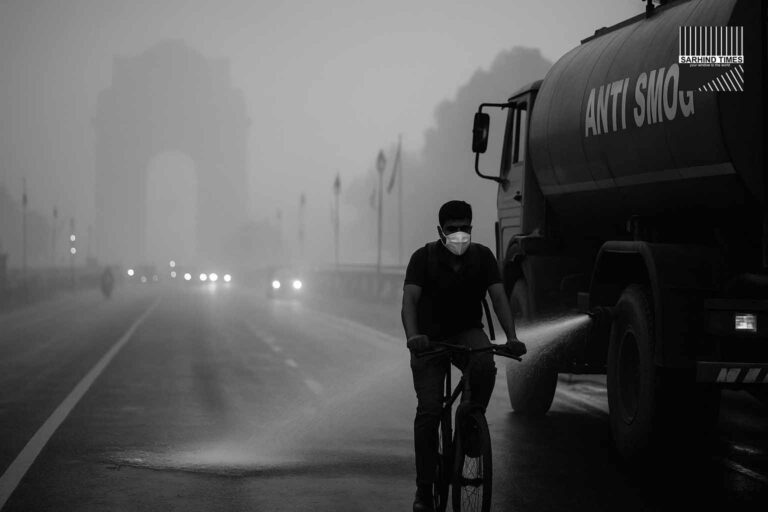
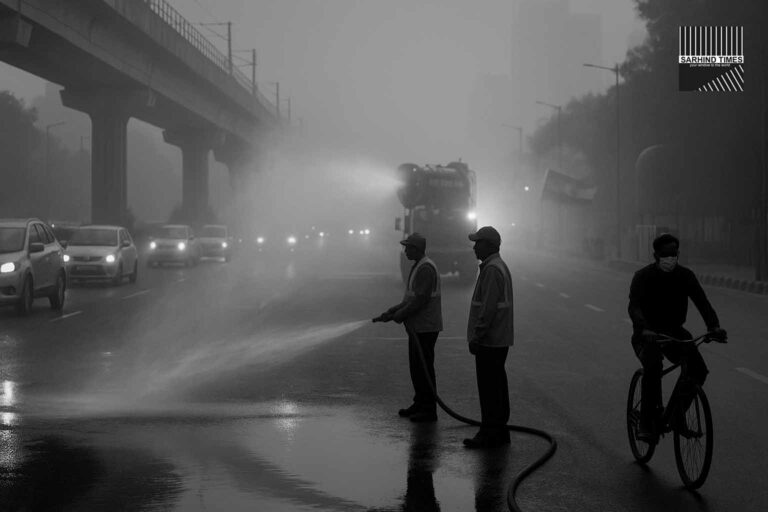


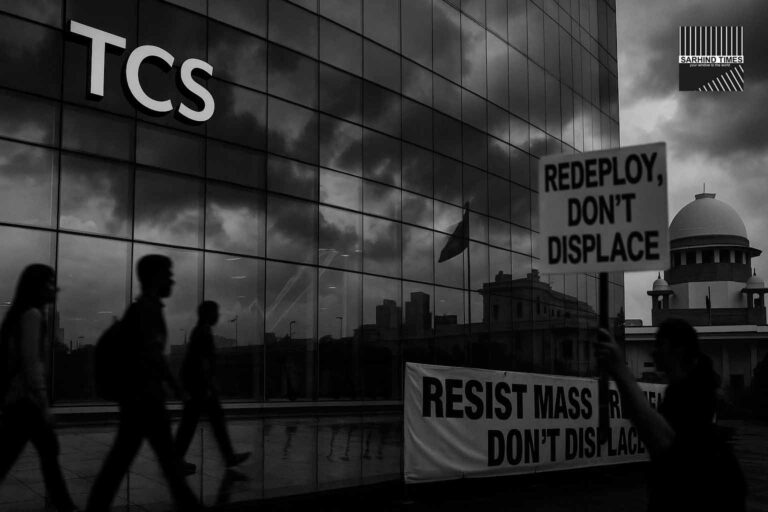
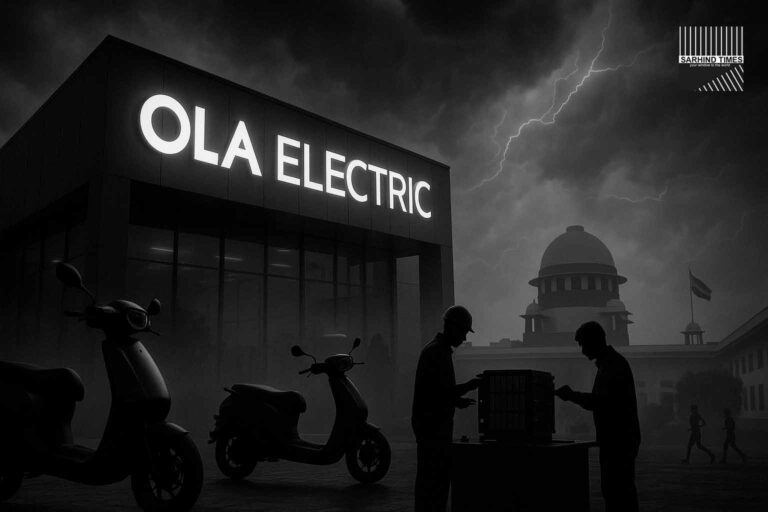
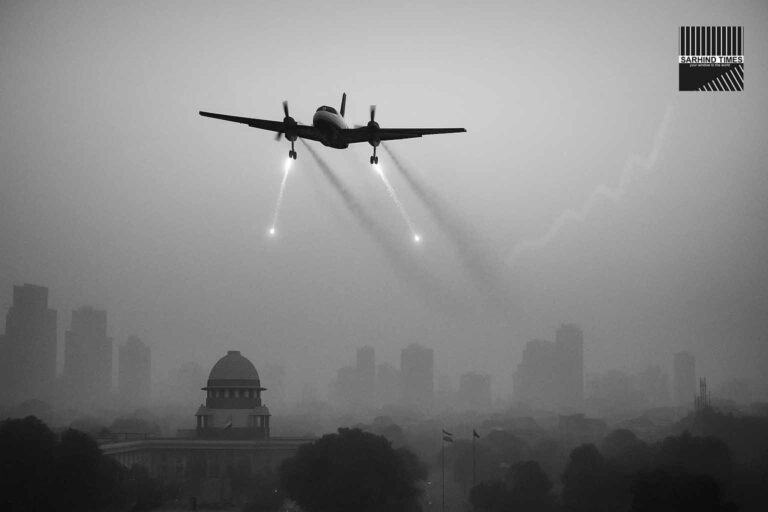
+ There are no comments
Add yours